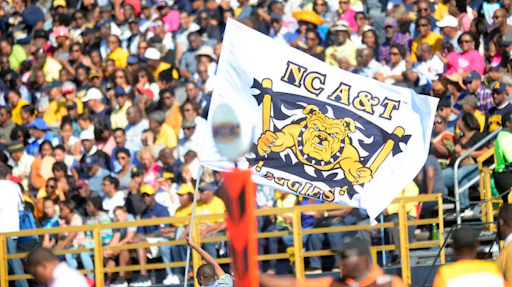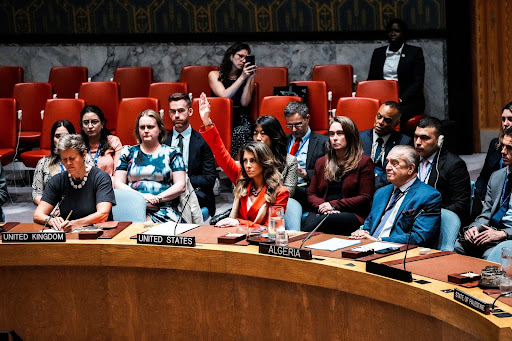Lisa Greenlee, a part-time instructor at Guilford Technical Community College (GTCC), was fired after posting controversial remarks about the assassination of conservative activist Charlie Kirk.
Greenlee’s comments, which circulated on social media, described Kirk as a “hate-spreading Nazi” and called his death “karma.” The posts quickly went viral, prompting public backlash and intense scrutiny of the college’s response.
Guilford Technical Community College (GTCC) condemned Greenlee’s remarks, stating that her behavior “does not support the open and respectful learning and working environment that GTCC provides every day” and that “supporting violence is reprehensible and will not be tolerated.”
GTCC President Anthony Clarke, Ph.D., noted that Greenlee is no longer employed by the college and emphasized that the administration is engaging with students, faculty, and staff to provide necessary support. The incident is part of a broader national trend of educators facing disciplinary actions for social media posts related to the assassination of Charlie Kirk.
NBC reports that dozens of educators across the U.S. have been disciplined, suspended, or terminated for making social media posts about Kirk’s death. In response, some have filed federal lawsuits claiming violations of their First Amendment rights.
Some say the situation highlights the complex relationship between social media, academic freedom, and employment status.
Rebecca Mills, a professor of higher education law at UNC Greensboro, explained the risks faced by adjunct faculty in situations like this, “Non-tenure-track faculty face a precarious situation where a single post could jeopardize their employment. Tenured faculty have formal grievance processes and protections that adjuncts and part-time instructors do not.”
The Foundation for Individual Rights and Expression (FIRE), a nonprofit that advocates for free speech, has also weighed in on the broader issue, highlighting the challenges educators face in balancing personal expression with institutional policies.
“Institutions need policies that respect faculty rights while promoting a safe educational space,” said Sarah Johnson, a legal counsel with FIRE.
Student reactions have been mixed. Some students expressed concern about maintaining respectful learning environments.
“These posts can create a hostile environment for students, especially those from marginalized backgrounds,” said Jamal Thompson, a student activist with the Guilford County Students for Equity. Others said the college’s response raised questions about free expression.
Greenlee’s firing has sparked debate over how academic freedom applies in the digital age.
Social media posts are public, permanent, and widely amplified, meaning that private commentary can quickly become a public controversy. Mills said, “We are in a new era where private speech online can have professional consequences, even if the speaker is off-duty.”
The debate also highlights a broader trend in higher education employment.
According to the American Association of University Professors, over 70% of college instructors today are non-tenure-track faculty, lecturers, and adjuncts who often work on semester-to-semester contracts.
This shift leaves many educators vulnerable to termination if they dare to publicly share opinions that administrators, donors, or politicians don’t agree with
Seasoned academics warn that the firing of instructors over social media comments could have a chilling effect on intellectual life.
“If faculty fear that their comments online might cost them their jobs, they may avoid difficult topics in the classroom altogether,” said Mills. “This could limit students’ exposure to complex debates, which is one of the most vital functions of higher education.”
The controversy at GTCC reflects ongoing challenges for colleges nationwide. Legal scholars, like Mills, say the lawsuits filed in response to Kirk-related posts may establish precedent for how institutions navigate free speech, social media, and academic freedom in the coming years.







